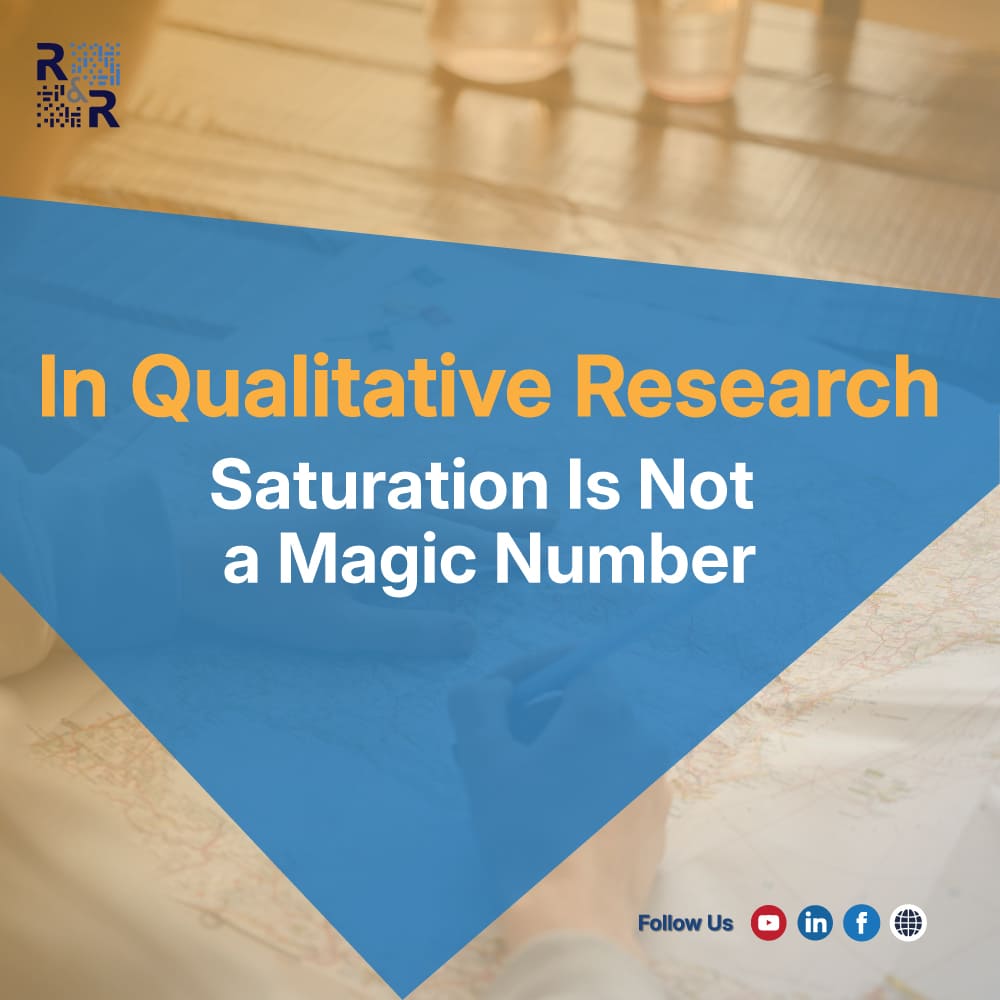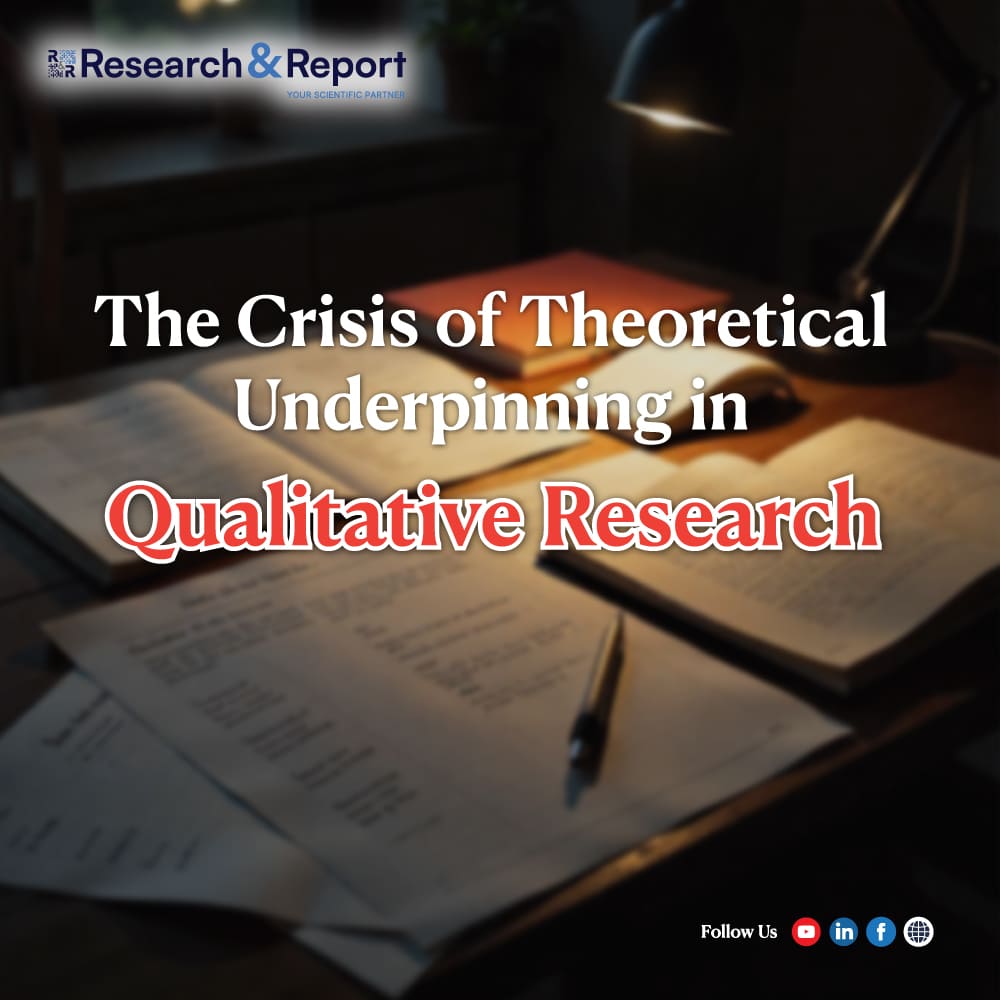Saturation Is Not a Magic Number in Qualitative Research
In qualitative research, data saturation is one of the most cited yet misunderstood concepts. Too often, researchers treat saturation as a “magic number” — usually 12 or 15 interviews — without considering research design or analytical depth. At Research & Report, we regularly review manuscripts and supervise doctoral work where saturation is misapplied. This article … Read more




